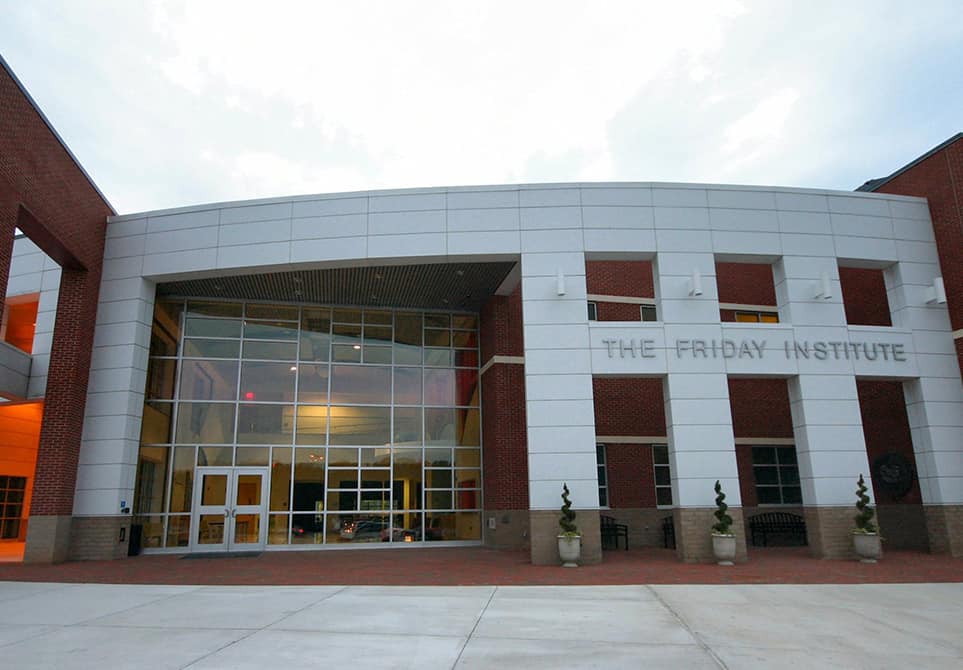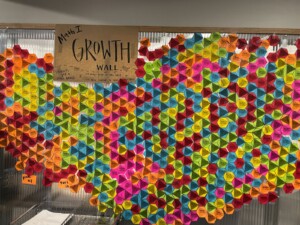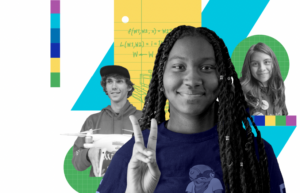Making MOOCs Teacher-Centered, Competency-Based and Personalized

Dr. Mary Ann Wolf
“When I’m lesson planning now, I try to design to the edges, or stretch all students in multiple directions. … Whereas I might previously have blown off some behaviors as a lack of motivation, now I try to dig deeper to understand such behaviors.” – Teacher, Learning Differences MOOC-Ed Participant
Do you sometimes feel like you are out of strategies for a particular student or several students in your class even though you have tried many different instructional approaches? You are not alone. All students learn differently – and teachers work hard to meet the various needs in their classrooms. However, when I was a teacher, I didn’t feel like I was prepared to meet all of my students’ needs, nor did I feel like professional learning experiences were personalized to what I needed or how I learned most effectively. The Learning Differences MOOC for Educators addresses this gap by providing educators with rich information about students’ learning differences, while also using an online platform designed to personalize learning for educators to meet their learning needs.
This free, six-week professional learning opportunity, which kicks off again this week, helps participants understand students’ learning differences by exploring the concept of a learner profile and then by going in depth into constructs of learning differences, including working memory, executive function and student motivation. Teachers learn about these topics conceptually, from the perspective of a student with that learning difference, and with concrete applications to the classroom context. As a former teacher, gaining an understanding of these constructs provided me with the specific language I needed to be able to think about, address, and appropriately plan for my students with learning differences.
“I was able to immediately apply strategies… I have one student with what presents as working memory issues and it’s been really, really helpful to me to first, put a name to it and second, I have been able to educate myself on it so I do not just think she’s “lazy” and then implement small changes to see if they make a difference to her.” – Teacher, MOOC-Ed Participant
The Learning Differences team at the Friday Institute employs a modified take on the “traditional” MOOC structure, which allows them to meet the unique learning styles of teachers participating in the course. MOOCs for Educators, or MOOC-Eds, provide a variety of opportunities for participants to learn – by reading articles, watching videos, through application activities, or by discussing with peers in the course forums. Participants are able to move through the course at a pace that works for them, using only the course components that best support their learning. And, if participants want to extend their learning, they can earn micro-credentials, also called badges, as they connect the course content to their practice.
The Friday Institute for Educational Innovation at NC State University created this course in partnership with the Oak Foundation, the New Teacher Center, Teach for America, Teach for All, National Board, and Big Brothers Big Sisters. Leaders in online professional learning such as Digital Promise, Coursera, EdX, Relay Graduate School of Education and others have demonstrated that personalized professional learning opportunities have the potential to empower teachers to be better, more prepared leaders in their classrooms. MOOCs for Educators, micro-credentials, and other online learning models provide great models for scaling high quality, personalized professional learning to all educators. The Learning Differences MOOC-Ed brings together several of these models in an effort to ensure that all students and teachers have access to outstanding learning opportunities specifically tailored to their learning needs.
To learn more about the current course offerings and to sign-up for a MOOC-Ed, visit www.mooc-ed.org.
- Challenges & Recommendations for Technology-Enabled Personalized Learning
- 4 Ways a Charlotte-Mecklenburg School is Making Learning Personal
Dr. Mary Ann Wolf is the Director of Digital Learning Programs at the Friday Institute for Educational Innovation at NC State University. Follow Mary on Twitter, @maryannwolfed.
Stay in-the-know with all things EdTech and innovations in learning by signing up to receive the weekly Smart Update.






0 Comments
Leave a Comment
Your email address will not be published. All fields are required.